A story about people whose lives are connected by typewriters. A meditation on creativity and technology featuring Tom Hanks, John Mayer, Sam Shepard, David McCullough and others.
Related Movies

How William Shatner Changed The World (2005)
William Shatner presents a light-hearted look at how the "Star Trek" TV series have influenced and inspired today's technologies, including: cell phones, medical imaging, computers and software, SETI, MP3 players and iPods, virtual reality, and spaceship propulsion.
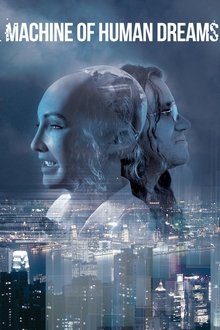
Machine of Human Dreams (2016)
A.I. guru Ben Goertzel grew up in a hippie community in Oregon during the Vietnam War. Inspired by science fiction, he imagined a perfect rational world that would transcend 1970s’ America. Ben has dedicated his life to developing OpenCog, a software that models the human mind. If Ben’s design works, OpenCog will become a human-like general intelligence. But for OpenCog to work, it needs a body.
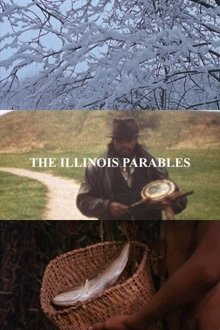
The Illinois Parables (2016)
From dreamy aerial opening shots, we are sent on an expedition through the storied land of our fifth most populous state, Illinois, often called a miniature version of America. Deborah Stratman’s experimental documentary explores how physical landscapes and human politics can each re-interpret historical events. Eleven parables relay histories of settlement, removal, technological breakthrough, violence, messianism, and resistance. Who gets to write history—physical monuments, official news accounts, or personal spoken-word memories?
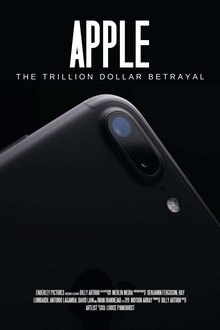
Apple: The Trillion Dollar Betrayal (2022)
Apple, is the most valuable company in the world. It has revolutionized the modern age & reshaped our relationships with each other. But it faces a major backlash due to controversies. From anti-competitive practices, using App store to copy the best ideas, trapping consumers in the Apple ‘ecosystem’, tax avoidance & sweatshop practices, this film probes into allegations against the tech giant.
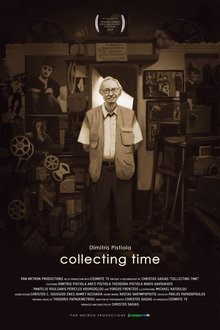
Collecting Time (2024)
Dimitris Pistiolas, a retired employee for the Greek Post Office, is the owner of the largest cinema museum in the world. In two tiny venues in Athens lies his renowned by the Guinness World Records collection. Now, 90 years old, Dimitris recounts his past, hidden in his machines, hoping that his memories are not going to be lost forever.

Koyaanisqatsi (1983)
Takes us to locations all around the US and shows us the heavy toll that modern technology is having on humans and the earth. The visual tone poem contains neither dialogue nor a vocalized narration: its tone is set by the juxtaposition of images and the exceptional music by Philip Glass.

CyberBaby (1998)
In this video series an individual confronts fears and, through the process of confessing directly to the camera, transcends trauma. It is also about agin, longing, the delusions and misconceptions we are encumbered with as we mature towards self-awareness, and the masks we assume to deny or hide understanding. The tapes rupture, fracture, and use digital effects to mirror the psychological changes of the protagonist.
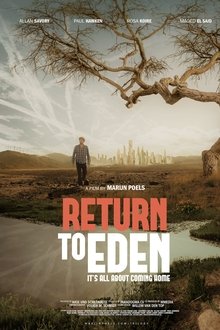
Return to Eden (2020)
When Natural and human interests impinge on each other and over-regulation disturbs our biological balance, important questions arise. Do we belong to nature or does nature belongs to us? A thought-provoking story in which documentary maker Marijn Poels explores the human urge to control our climate, security and preferably the other. Balancing on a razor-thin line between regulation and manipulation. When technology reigns supreme and common sense vaporizes through the test of time, humanity is on the brink of becoming the tool. Miles away from the collective panic, fear and chaos, there is hope, inspiration and reconnection.

Online Traveller: AVATARA (2003)
AVATARA is not a cartoon. It's a documentary about an Internet subculture who spend their lives immersed in an online 3-D voice-chat program called "Digitalspace Traveler." Through a series of 14 interviews, we uncover the history, art, identities, struggles and emotions of this unique internet community who, since as far back as 1996 have mostly devoted their lives to this software.

Cyberspace (1995)
Documentary looking at the ways which computer on-line services and the Internet have evolved, how they have been applied and the problems they can cause.
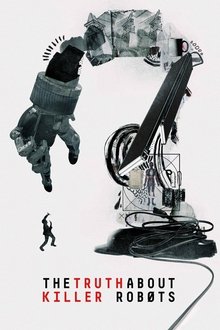
The Truth About Killer Robots (2018)
Exploring provocative viewpoints from engineers, factory workers, journalists, philosophers and Asimov himself, The Truth About Killer Robots is a cautionary tale about a world automating beyond control.

Revolution OS (2001)
REVOLUTION OS tells the inside story of the hackers who rebelled against the proprietary software model and Microsoft to create GNU/Linux and the Open Source movement.
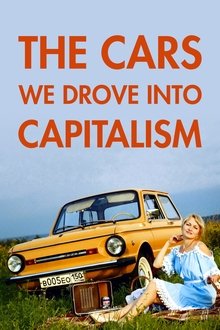
The Cars We Drove into Capitalism (2021)
A cinematic, character-driven insight to what it meant to produce and to own a car in communist times: the Socialist propaganda dreams and the hard reality of living that dream. The freedom that these slow and clumsy vehicles were giving to their owners; the cars as an instrument in the Cold War battle; legends and homemade tune-ups as an attempt to stand at least a little bit off the crowd.
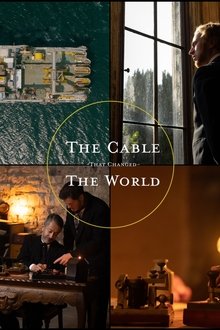
The Cable That Changed the World (2024)
The first transatlantic communications cable, traversing the ocean floor from Valentia Island, County Kerry, to Newfoundland, Canada, 165 years ago was an 8 year endeavor that helped lay the foundation of the modern technology industry and explains the fragility of undersea cables today.
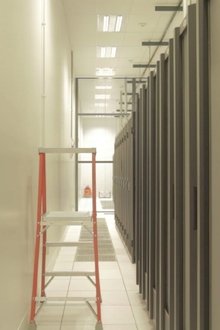
All That Is Solid Melts Into Data (2015)
Traces the historical evolution of these structures that make-up “the cloud”, the physical repositories for the exponentially growing amount of human activity and communication taking form as digital data.

Wired for What? (NaN)
Wired for What? visits four very different elementary schools grappling with computerization to find out if technology is helping to change our schools for the better or if it is dulling students’ creativity and draining precious resources from other crucial educational needs.
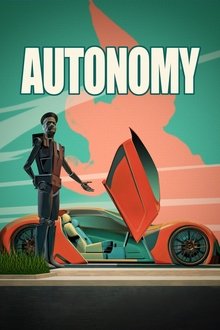
Autonomy (2019)
A cinematic exploration of the world of automated vehicles — from their technical history to the personal narratives of those affected by them to the many unanswered questions about how this technology will affect modern society. This documentary features interviews with industry pioneers and scenes with cutting-edge “AVs” in action around the world.
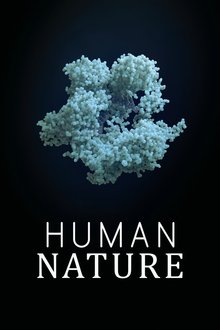
Human Nature (2019)
The biggest tech revolution of the 21st century isn’t digital, it’s biological. A breakthrough called CRISPR gives us unprecedented control over the basic building blocks of life. It opens the door to curing disease, reshaping the biosphere, and designing our own children. This documentary is a provocative exploration of CRISPR’s far-reaching implications, through the eyes of the scientists who discovered it, the families it’s affecting, and the genetic engineers who are testing its limits.
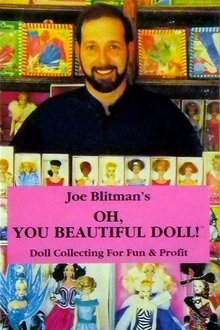
Joe Blitman's Oh, You Beautiful Doll! (1994)
In this fabulous full-color presentation Barbie expert Joe Blitman shares his vast knowledge of the nuts and bolts of collecting all things Barbie, including which dolls to buy, how to shop at a doll show, how to identify specific dolls and how to clean clothes or do repairs if a doll is damaged.